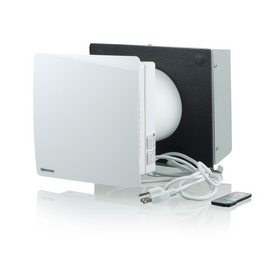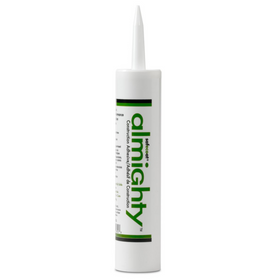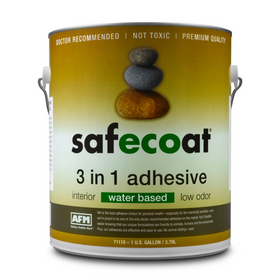
Myth Busting: Green Labels
Last Updated: Feb 13, 2025‘Green,’ ‘Natural,’ ‘Eco-friendly’… take your pick. Everyone wants to be green these days, but unfortunately for consumers, it isn’t easy to decipher all the greenwashing into real facts about products and materials. Just like a bag of sugar can claim to be ‘fat-free’ (even though sugar never had any fat in the first place), labels about a product’s sustainability aren’t regulated.
As soon as a new label comes out, it creates an immediate division between the products that have it and those that don’t. For those who don’t have the label, it gets uncomfortable real fast. The result: widen the definition of what ‘green’ actually means by creating new labels that serve the company's interests.
That’s a scary thing. Think about it. Companies with unhealthy/toxic products containing proprietary ingredients, unknown hazards, or ingredients that make up less than 1% of the product don’t need to disclose any of this information.
Table of Contents

Greenwashing means the validity of ‘green’ labels gets eroded - especially when toxic products have received a green label. Conversely, some legitimately sustainable products and materials have avoided labels altogether (they likely don’t need them). These labels are expensive - they increase the cost of products not just for the company but also for consumers.
When presented with a green label, here are some questions to ask:
- Who created the definition of this label (where does it come from)?
- Is it certified by an independent third party (not the maker or seller of the product)?
- What are the requirements to obtain this label, and do they make sense ecologically?
- How long has this certification been around?
Ecolabel Index is perhaps one of the best resources for decoding these labels, with over 465 tracked labels across 25 industry sectors. From that massive list, here is one example of a label we consider valid and useful:
Forest Stewardship Council (FSC) Forest Management Certification:
- Voluntary label for sustainable forest products in use since 1994.
- Non-profit environmental stewardship organizations developed it.
- Based on inspections by independent third parties.
Requires that wood producers meet the agreed international FSC principles and criteria of good forest management.

Here at Rise, we do our best to sort through the claims and provide accurate information about the labels you will encounter when purchasing home improvement products. In addition to FSC Certified, a few others we have found that has a solid backing behind them are:
- WaterSense: Efficient water fixtures.
- Energy Star: Efficient appliances
- Cradle to Cradle Certified: Products designed to be healthy for people and the environment throughout their whole life cycle from production to eventual recycling.
When choosing your home products, it’s important to pay attention to the labels and dig a few layers below the surface before making a choice. Look to Rise to help do some of that digging for you.
Rise
At Rise, we strive to make sustainable home improvement easy and accessible for everyone. Whether you're building or renovating, our thoroughly vetted building products will help you reduce your carbon footprint, lower energy costs, and create a more sustainable living or working environment.










